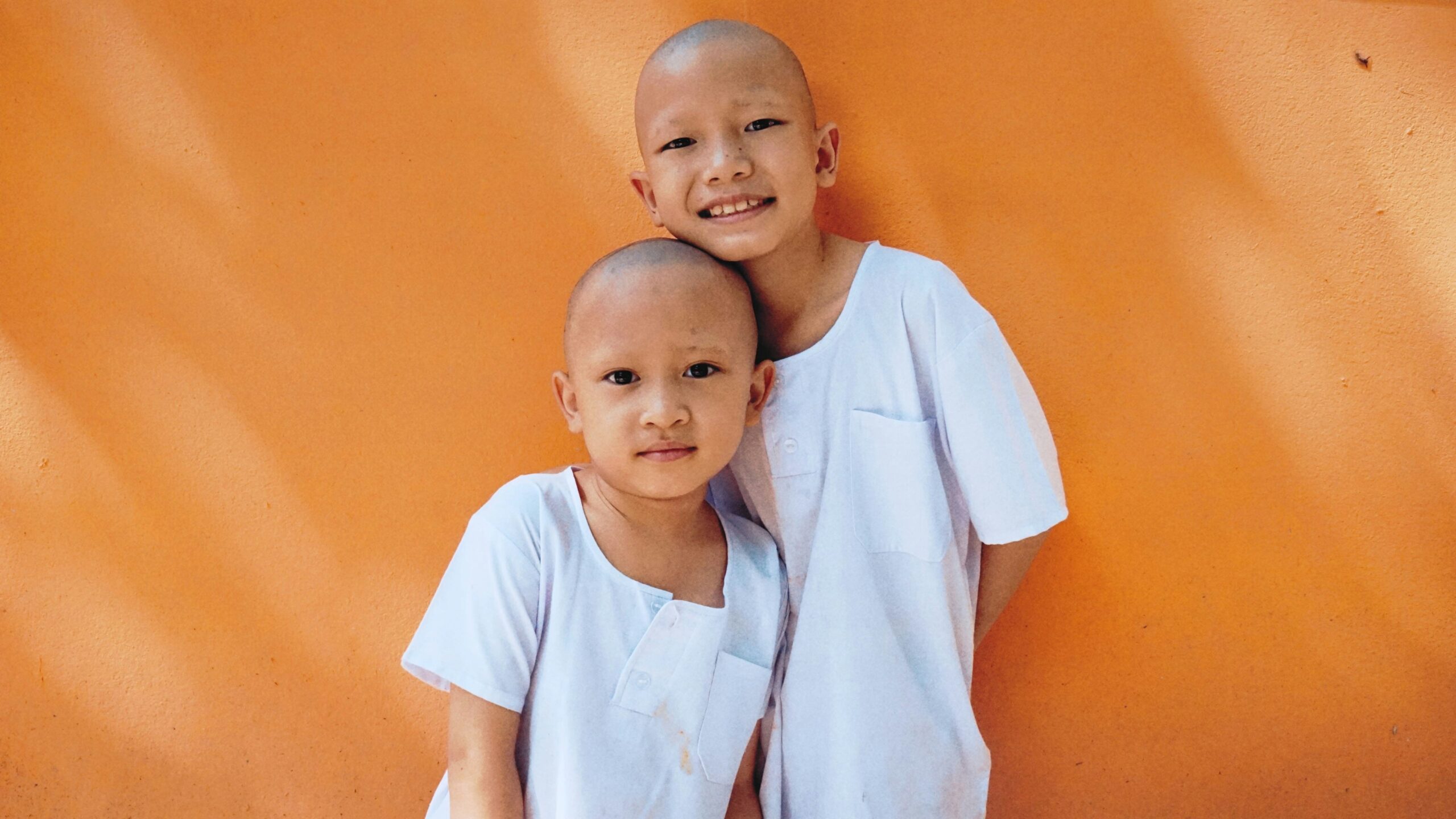WHO has launched a platform to provide free cancer medicines to children in low- and middle-income countries, aiming to improve survival rates. The initiative, supported by St. Jude Children’s Research Hospital, plans to benefit around 5,000 children this year and expand to 50 countries over the next five to seven years.
The World Health Organization (WHO) has introduced a new initiative to provide free cancer medicines to children in low- and middle-income countries, aiming to enhance survival rates which currently fall below 30% compared to about 80% in high-income nations. The pilot phase begins with deliveries to Mongolia and Uzbekistan, with plans for shipments to Ecuador, Jordan, Nepal, and Zambia, potentially benefiting around 5,000 children at over 30 hospitals this year.
WHO emphasizes the urgent need for access to life-saving treatments, as many children in resource-limited settings face high mortality rates due to factors like inadequate treatment and low-quality medicines. With an estimated 400,000 children diagnosed with cancer globally each year, the platform aims to address these disparities. The initiative, a collaboration between WHO and St. Jude Children’s Research Hospital, has secured a commitment of $200 million for its launch and intends to expand to 50 countries in the next five to seven years, ultimately providing medicines for about 120,000 children.
WHO has assured that the free provision of these medicines will extend beyond the pilot phase, focusing on developing sustainable solutions for the future. This program highlights a vital step towards reducing the gap in childhood cancer survival rates and ensuring that all children, regardless of their economic status, have access to necessary treatments.


